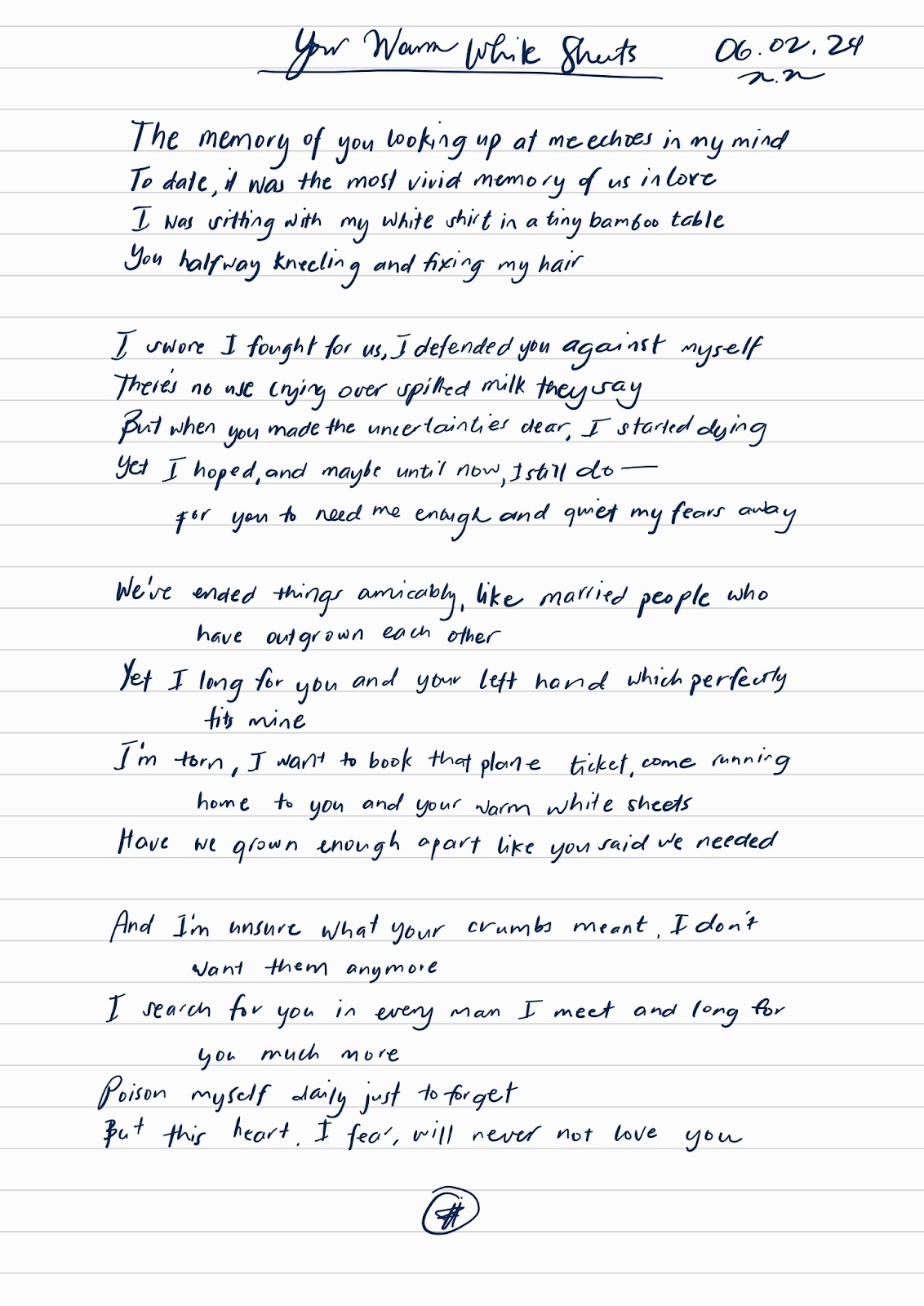REPUBLIC - v -BAGTAS
REPUBLIC OF THE PHILIPPINES, plaintiff-appellee, vs.
JOSE V. BAGTAS, defendant, FELICIDAD M. BAGTAS,
Administratrix of the Intestate Estate left by the late Jose V. Bagtas, petitioner-appellant.
EN BANC, G.R. No. L-17474, October 25, 1962, PADILLA, J.
Facts:
1.
In 1948, Jose Bagtas borrowed from
the Republic of the Philippines through the Bureau of Animal Industry 3 bulls
for a period of one year for breeding purposes subject to a government charge
of breeding fee of 10% of the book value of the bulls.
2.
Upon the expiration of the
contract, the borrower asked for a renewal for another period of one year.
3.
The Secretary of Agriculture and
Natural Resources approved a renewal thereof of only one bull for another year
and requested the return of the other two.
4.
In 1950, Jose Bagtas wrote to the
Director of Animal Industry that he would pay the value of the three bulls with
a deduction of yearly depreciation to be approved by the Auditor General.
5.
Director of Animal Industry advised
him that the book value of the three bulls could not be reduced and that they
either be returned or their book value paid.
6.
Jose V. Bagtas failed to pay the
book value of the three bulls or to return them.
7.
RP commenced an action against him
praying that he be ordered to return the three bulls loaned to him or to pay
their book value in the total sum of P3,241.45 and the unpaid breeding fee in
the sum of P199.62, both with interests, and costs; and that other just and
equitable relief in the CFI Manila
8.
In 1951, Jose V. Bagtas, through
counsel answered that because of the bad peace and order situation in Cagayan
Valley, particularly in the barrio of Baggao, and of the pending appeal he had
taken to the Secretary of Agriculture and Natural Resources and the President
of the Philippines, he could not return the animals nor pay their value and
prayed for the dismissal of the complaint.
9.
In 1956, the trial court rendered
judgment in favor of RP
10. In
1958, the plaintiff moved ex parte for a writ of execution which the court
granted.
11. An
order was issued for the appointment of a special sheriff to serve the writ
outside Manila, Felicidad Bagtas, the
surviving spouse of the defendant Jose Bagtas and as administratrix of his
estate, was notified.
12. In 1959, she filed a motion alleging that in
1952 the two bulls were returned to the Bureau Animal of Industry and that
sometime in 1958 the third bull, the Sahiniwal, died from gunshot wound
inflicted during a Huk raid on Hacienda Felicidad Intal, and praying that the
writ of execution be quashed and that a writ of preliminary injunction be
issued. the Court denied her motion.
13. Hence,
this appeal.
Issue:
Whether or not the contract was a commodatum.
Ruling:
-
The appellant contends that the
contract was commodatum and that, for that reason, as the
appellee retained ownership or title to the bull it should suffer its loss due
to force majeure.
-
A contract of commodatum is
essentially gratuitous. If the breeding fee be considered a compensation,
then the contract would be a lease of the bull.
-
Under article 1671 of the Civil
Code the lessee would be subject to the responsibilities of a possessor in bad
faith, because she had continued possession of the bull after the expiry of the
contract.
-
And even if the contract be commodatum,
still the appellant is liable, because article 1942 of the Civil Code provides
that a bailee in a contract of commodatum is liable for loss
of the things, even if it should be through a fortuitous event:
(2) If he
keeps it longer than the period stipulated . . .
(3) If the
thing loaned has been delivered with appraisal of its value, unless there is a
stipulation exempting the bailee from responsibility in case of a fortuitous
event;
-
the appellant kept and used the
bull until 1953 when during a Huk raid it was killed by stray bullets.
-
when lent and delivered to the
deceased husband of the appellant the bulls had each an appraised book value.
It was not stipulated that in case of loss of the bull due to fortuitous event
the late husband of the appellant would be exempt from liability.
-
As the appellant already had
returned the two bulls to the appellee, the estate of the late defendant is
only liable for the sum of P859.63, the value of the bull which has not been
returned to the RP, because it was killed while in the custody of the administratrix
of his estate. (This is the amount prayed for by the RP in its objection on the
motion for the quashing of the writ of execution.)
Note: I made this case digest when I was still a law student. The ones posted on my blog were not due for submission as part of any academic requirement. I want to remind you that there is no substitute to reading the full text of the case! Use at your own risk.


